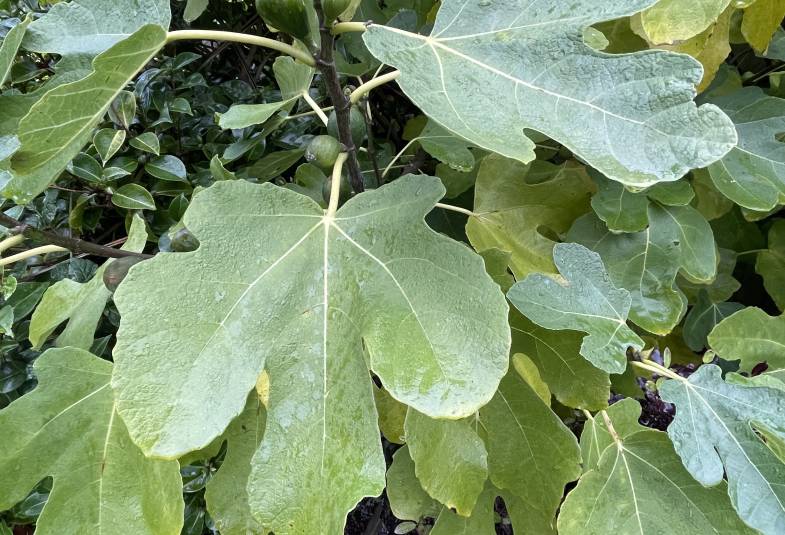26/10/2023
29 October 2023 - Archbishop Stephen Cottrell | A moment of Reflection.
Every week the Diocese of York offers a prayer video for churches to use either online or in their services. The Archbishop of York leads in a moment of Reflection for Bible Sunday
The text of the reflection follows in full
From the fig tree learn its lesson: as soon as its branch becomes tender and puts forth its leaves, you know that summer is near. So also, when you see all these things, you know that the he is near, at the very gates.
- Matthew, 20. 32–33
There is a beautiful fig tree in the garden at Bishopthorpe. Like scores of large hands, reaching out to earth and heaven, as spring arrives and summer approaches, it spreads out its beautiful leaves. It even produces a modest crop of plump and lovely figs. I didn't realise fig trees could grow and bear fruit here in Yorkshire.
There are other more familiar and widespread signs of the changing of the seasons that most of us are able to recognise.
Like the first snowdrops. Then the daffodils. This tells us that winter is over. That spring is arriving.
At this time of year, when the leaves change colour, and for a few weeks, even in the cities, the trees are golden and sometimes even fiery red, we know winter is around the corner.
Jesus used this imagery, things that were so familiar to the people he was with, the very cycle of the seasons, to explain to them that a new season was dawning, that it was, to use his words, at the very gates.
Jesus was both talking about what would happen in the new age of the Spirit, when after the resurrection, his presence with us is unconstrained by space and time, but also of the last things, and of that next season when God will gather all things together in Christ, what the Scriptures refer to as a new heaven and a new earth.
Watch out for my presence, Jesus is saying. Learn from me. Look for me. Follow me.
However, not only are we not very good at looking for Jesus, and very easily exclude him from so many of the decisions that shape our lives, we should also acknowledge that we are not as good as we used to be at knowing and noticing the changing of the seasons. We have lost touch with them and we have lost respect for them. We want strawberries at Christmas. And tulips every day. And cheap meat for dinner. And we will fly them round the world so that they can be on our table when we want them, regardless of their season, or their origin, or what this does to the planet.
And as the climate crisis worsens, we observe a change in the seasons themselves. In East Africa, on the equator in Kenya, the regular and predictable cycle of two seasons, the long rains and the short rains, are now replaced by years of drought and then terrible devastating flood. In the islands of Polynesia, the sea levels rise. Here, in Yorkshire, daffodils bloom at Christmas, nearly two months early, and in my garden the rhododendrons have started flowering in the autumn, as well as the spring.
We have to learn to read the signs. Something very alarming is at the gates and we must learn to inhabit this planet differently if we are to sustain the fragile beauty and life-giving abundance of its balanced and diverse equilibrium. We need to look to God to show us the way.
So, Jesus, teach us to read and understand the world of which we are a part, and to be good stewards of this earth.
Raise up leaders who will see beyond short-term expediency to a longer, larger vision of how we can leave equitably and sustainably in the Earth.
Your Kingdom Come, O Lord. Your will be done. Give us our daily bread, and stop us from expecting so much more.
